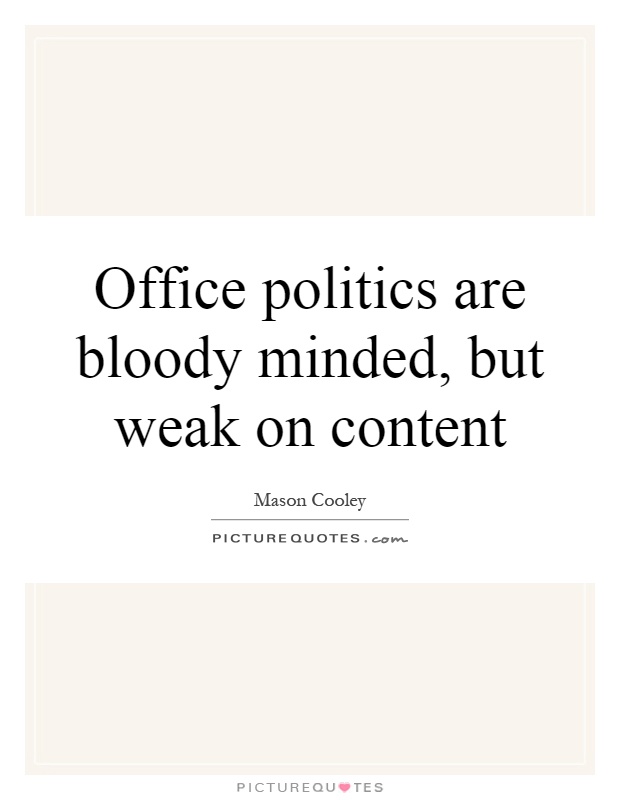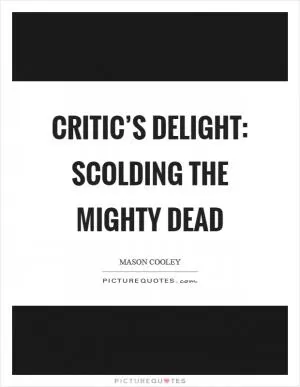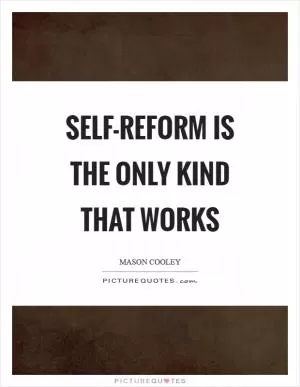Office politics are bloody minded, but weak on content

Office politics are bloody minded, but weak on content
Mason Cooley, an American aphorist known for his witty and insightful observations on human nature, once famously said, “Office politics are bloody minded, but weak on content.” This statement perfectly encapsulates the often toxic and manipulative nature of workplace politics, where individuals engage in power struggles and backstabbing in order to advance their own agendas.In many organizations, office politics can be pervasive and destructive, creating a toxic work environment where employees feel pressured to engage in unethical behavior in order to get ahead. This can lead to a culture of fear and mistrust, where colleagues are more focused on undermining each other than working together towards common goals. As Cooley suggests, office politics are often “bloody minded,” driven by a ruthless desire for power and control at the expense of others.
However, despite the intensity of office politics, they are often “weak on content.” In other words, the tactics used in office politics are often superficial and lacking in substance. Instead of focusing on merit and performance, individuals may resort to gossip, manipulation, and sabotage in order to gain an advantage. This can create a culture of deceit and dishonesty, where individuals are more concerned with appearances than with actually doing their jobs well.
Cooley’s observation serves as a reminder that office politics are ultimately counterproductive, as they distract from the real work that needs to be done. Instead of focusing on building strong relationships, fostering collaboration, and achieving common goals, individuals may become consumed by petty rivalries and power struggles. This can ultimately harm the organization as a whole, leading to decreased morale, productivity, and overall success.












 Friendship Quotes
Friendship Quotes Love Quotes
Love Quotes Life Quotes
Life Quotes Funny Quotes
Funny Quotes Motivational Quotes
Motivational Quotes Inspirational Quotes
Inspirational Quotes